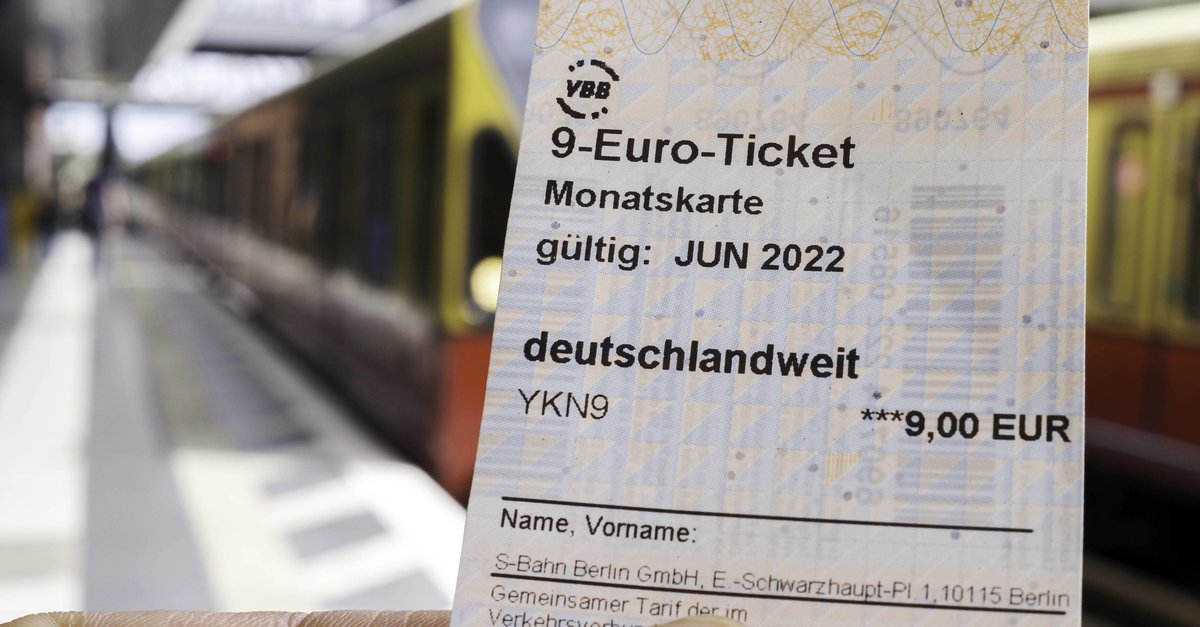Nobody needs this successor
The cat is out of the bag: For the first time, the federal government has given a concrete price range for a successor to the 9-euro ticket. It was foreseeable that bus and train drivers would have to dig deeper into their pockets. But how expensive the successor will be in extreme cases is surprising. There was a simple solution to this problem.
A commentary by Kaan Gürayer.
Long queues at ticket counters, unsettled subscription customers: the end of the 9-euro ticket was known, but it caused chaos in many places. Until recently, bus and train drivers had hoped for an extension of the cheap ticket – in vain. Punctually on September 1st, public transport customers were thrown back into the world in front of the 9-euro ticket. After all, the federal government has now for the first time pledged 1.5 billion euros for a successor who, according to the traffic light coalition, will have one Price range between 49 euros and 69 euros should cover. But that is too expensive.
9-euro ticket: Successor too expensive for socially disadvantaged
Then for Hartz IV recipients, low earners, students and the like, 69 euros a month is anything but trifle. Surely such a Germany ticket would still be cheaper than the patchwork quilt that is now available in public transport. However, the question must be allowed as to whether you need a ticket that is valid nationwide for local and regional transport or whether you need one nationally valid ticket not the better (because cheaper) alternative would.
The Greens’ original proposal makes the most sense:
- A 29-euro ticket for local and regional transport in the respective federal state (incl. overlaps)
- A 49-euro ticket for all of Germany.
You can also save when shopping online:
Federal and Germany ticket in a modular model
Both tickets could be linked together and offer in a modular model. Anyone who only ever commutes in their federal state pays significantly less at 29 euros. During the holiday season, for example, you could book a month on the Germany ticket and visit distant relatives. That would be socially fairer than charging a flat rate of 49 euros or even 69 euros, which in theory would allow trips throughout Germany, in practice, however, only very few people use it would become.



